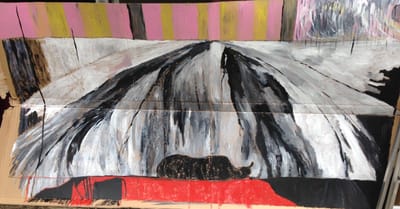Articles #causation
van Inwagen thinks we can bypass these issues because the real threat to our free will is not causal determination (our acts having deterministic causes) but simply determination (our acts being necessitated by past events and the natural laws), since this is enough to guarantee that we cannot ever do otherwise. I think this is wrong, in that the problem only arises given that we don’t have any causal control over the (remote) past... ...I think that the connection between causation and free will has been way underappreciated. How our acts are brought about, or the causal history of our acts, is clearly relevant to our freedom. Think about severe forms of coercion, manipulation, brainwashing, or compulsion... Continuing the End Times series, Richard Marshall interviews Carolina Sartorio.
Read MoreWell, one way to put the difference between laws and accidental regularities is to say that they differ with respect to their ‘modal status’. Modal status has to do with what’s necessary or possible – what could and could not be the case. For example, it’s a contingent truth that I just ate a burrito – I could easily have had tacos instead, or pizza, or nothing at all. Come to think of it, the world could have panned out in such a way that my parents never met, in which case I wouldn’t have existed at all. By contrast, it’s (arguably) a necessary truth that 2+2 = 4. There’s no way things might have panned out such that it would have been false that 2+2 = 4. Continuing the End Times series, Richard Marshall interviews Helen Beebee.
Read More